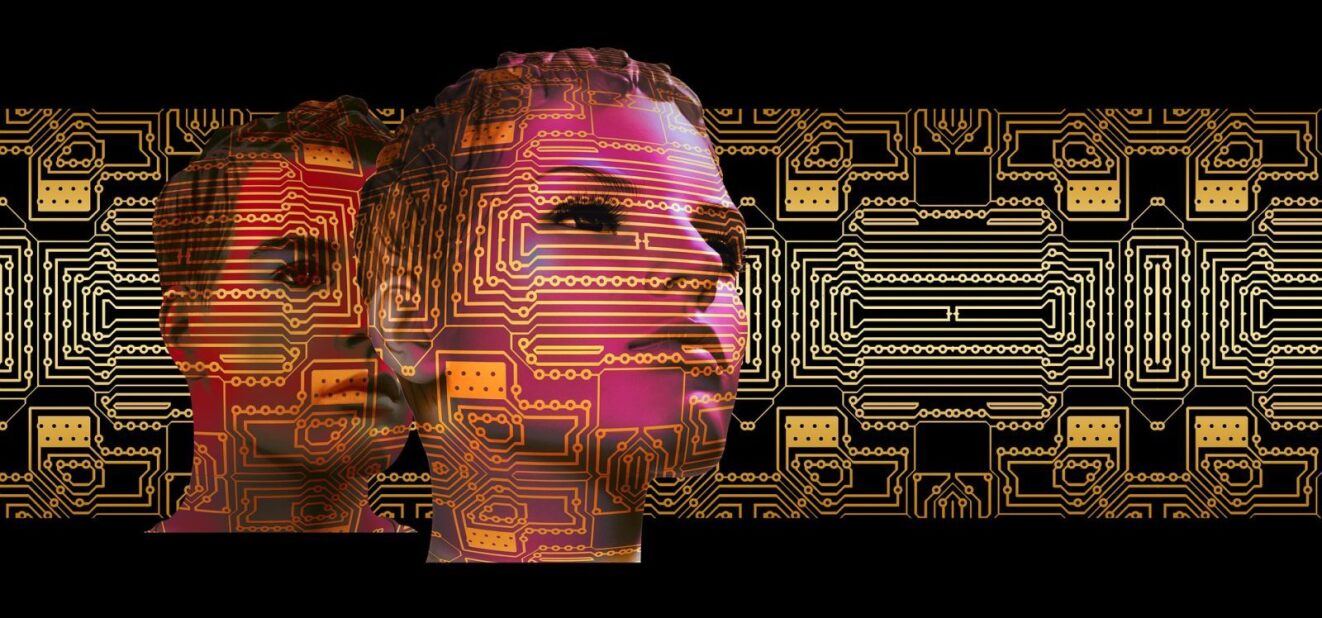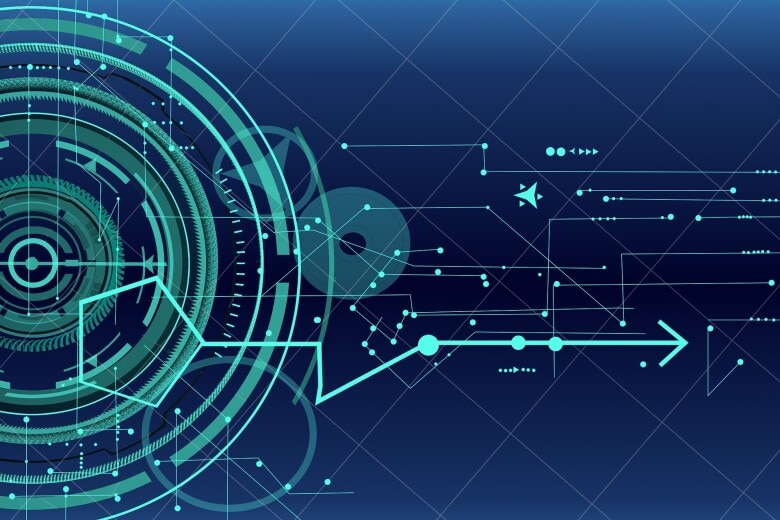Drawing on a comparison with the Industrial Revolution, tech philosopher Dr. Tom Chatfield explores the impact of technology on society, and the role businesses have to play in shaping a new world driven by artificial intelligence and big data in advance of InterSystems UK’s Tech Summit on 18th October.
The first industrial revolution saw the birth not only of world-changing machines, but also of a passionate debate around what societies in this new world should look like. Decades of political strife gradually saw the regulation of labor markets, the enshrinement of mass education and enfranchisement, the birth of universal suffrage and healthcare. In the face of their own transformation by engines of mass production, societies asked what safe, secure and meaningful employment looked like in this new world – and what it meant for people to live worthwhile lives amid sweeping global and demographic transitions. The world of the 1950s would have been unrecognizable to the 1850s not only in terms of its tools, but also in the working conditions, prosperity and expectations of the average worker.
It’s worth dwelling on these points because, from the vantage of our second machine age, it is easy to forget that we have already lived through several centuries of unbroken technological disruption – and that this disruption is best characterized not only in terms of technology bringing change, but also in terms of societies reassessing what they value and how it should be served. A society that sees human workers simply as costs waiting to be cut has not inferred this lesson inexorably from machines, but rather foisted this assumption upon them. We may live in an age of swelling anxiety around Artificial Intelligence, yet the greater cause for alarm – or hope – should be the values and intentions of those building AIs, together with the aims machine intelligence will relentlessly pursues on their behalf.
The mobile phone is the most emblematic invention of our digital age, not only because it represents a revolution in itself, but because it is the place where many other revolutions meet: the internet and ubiquitous networks; GPS and sensors able to relay rich location-specific information in real time; powerful cloud services able to serve customized content instantly; the massed observation and interconnection of billions of humans and trillions of data points.
One of the immediate consequences of this is that, across the world, hundreds of millions of people now have direct access to the kind of services and tools that only a minority once used: payment and banking; trading and investment; verified personal identification. Globally, it’s easy to forget that these have until the last decade been a minority pursuit. Today, to pick just two examples, the M-Pesa mobile money system handles over 600 million monthly transactions in Africa; while the Chinese mobile money service Alipay has over 270 million active mobile users (and over 400 million registered accounts). On a still larger scale, ninety-nine percent of adult Indian citizens – over 1.1 billion people – have been signed up for its new digital identity system, with a twelve-digit identifying number serving as their access to everything from tax and voting to travel and marriage. The potential for inclusion, efficiency and emancipation is immense – as is the potential for surveillance, control and abuse.
As the Indian example suggests, we are busy translating the fabric of our societies into something machine-readable: into data on a scale that only machines can handle, and that in turn will fuel the next generation of machine learning. Two things matter above all here: the quality of our translation, and its capacity for iteration and improvement. The exponentially increasing volumes of data handled by our tools can, when used well, feed the actionable small data and intuitive insights that human lives thrive upon – but they can also create a locked-down world in which decisions occur beyond our scrutiny. This is the difference between tools that can make integrated health records available anywhere, at the touch of a button, and tools that deny someone insurance based on an inscrutable algorithmic reading of their life.
In other words, private- and public-sector organizations more than ever have a role in deciding how AI and such technologies impact on society. They have a corporate responsibility to translate the potential of technology into social and moral good: an issue that technology company InterSystems will be exploring with businesses at this year’s Tech Summit, at which I will be a speaker.
Ours is an age unprecedented in both its anxieties and hopes, above all because they touch so closely upon all of us, in our human billions. Yet I am also more excited than ever to see what kind of future we can build – and what we may become within it.
About the Author
Dr. Tom Chatfield is a British author, broadcaster and tech philosopher. His six books exploring digital culture are published in over two dozen languages. His next book, a guide to critical thinking in the 21st century, was researched while a visiting associate at the Oxford Internet Institute, and is published at the end of October. He will be speaking at InterSystems’UK Tech Summit at The Belfry on 18th October. This free to attend event is open to all.




































